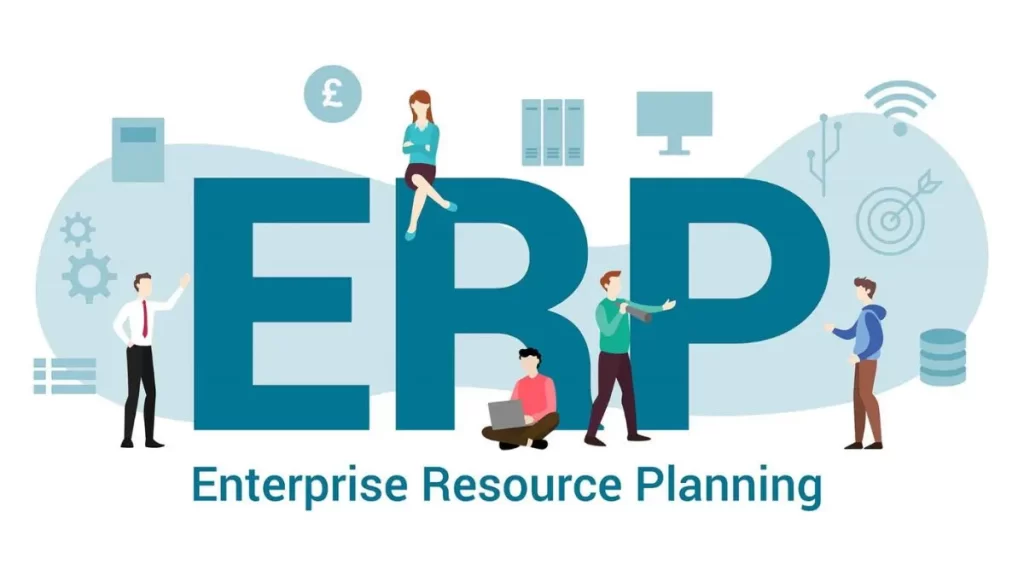Introduction:
As businesses in the UAE grow and adapt to an increasingly digital landscape, the choice between on-premise and cloud-based ERP systems has become a critical decision. While cloud solutions have gained popularity, on-premise ERP systems still offer several distinct advantages, particularly for companies operating in the UAE
Section 1: Enhanced Control and Data Security
One of the primary benefits of an on-premise ERP system is the enhanced control it offers over your business’s data. In the UAE, where data privacy and security are critical concerns, companies prefer to keep their sensitive information in-house. With an on-premise ERP system, all data is stored on company-owned servers, giving the business complete control over who has access and how the data is managed.
This is especially advantageous in industries such as finance, healthcare, or government, where data security and compliance with UAE regulations are non-negotiable. By hosting the ERP system on-site, companies can implement their own security protocols, offering peace of mind in handling sensitive data.
Section 2: Customization Tailored to Your Needs
On-premise ERP systems are highly customizable. In the UAE’s diverse business environment, companies often need ERP systems that cater to specific requirements unique to their industry or region. An on-premise system allows for deep customization, from the user interface to the specific workflows and integrations with other software.
For example, a construction company based in Dubai might require tailored modules to handle local regulatory compliance, supply chain management, or project timelines. On-premise systems provide the flexibility to develop and adjust features to meet these precise needs.
Section 3: Long-term Cost Efficiency
While the upfront costs of an on-premise ERP system are typically higher than cloud solutions, the long-term financial benefits can outweigh the initial investment. For businesses in the UAE planning for long-term growth, on-premise systems can be more cost-effective over time since they avoid ongoing subscription fees associated with cloud ERP systems.
Additionally, once an on-premise ERP system is fully implemented and integrated, businesses in the UAE can benefit from lower maintenance costs compared to recurring expenses in cloud solutions. With control over their own IT infrastructure, companies can also reduce the risks of price increases from third-party vendors.
Section 4: No Dependency on Internet Connectivity
In a region as digitally connected as the UAE, businesses need to ensure that their systems are operational at all times. One of the standout advantages of on-premise ERP systems is that they are not dependent on constant internet connectivity. If there are disruptions to internet service, on-premise ERP systems remain fully functional, allowing the business to continue its operations without interruption.
For businesses in the UAE, where high-stakes projects and tight deadlines are the norm, the reliability of an on-premise ERP system can be crucial, preventing downtime that could disrupt business operations.
Section 5: Regulatory Compliance
The UAE has specific regulatory requirements when it comes to data storage and security. Certain industries, such as finance, government, and healthcare, require businesses to store sensitive data locally to ensure compliance with UAE laws. On-premise ERP systems allow businesses to store their data on servers located within the country, helping them meet these regulatory obligations and avoid legal complications.
By choosing an on-premise solution, businesses in the UAE can ensure they adhere to local data protection laws and avoid the complexities of cross-border data storage, which is often required by cloud-based ERP systems.
Section 6: Stability and Longevity
On-premise ERP systems offer businesses stability and control over the lifecycle of their software. Since these systems are hosted on the company’s own infrastructure, businesses can decide when and how to upgrade or update the software without being dependent on third-party service providers. This autonomy allows companies in the UAE to manage system updates at their own pace, ensuring that disruptions to their operations are minimized.
Moreover, with complete ownership of the software and hardware, businesses can maintain their ERP systems for as long as necessary, maximizing the return on investment.
Conclusion:
While cloud-based solutions continue to dominate the conversation around ERP systems, on-premise ERP solutions still offer significant advantages for businesses in the UAE.
